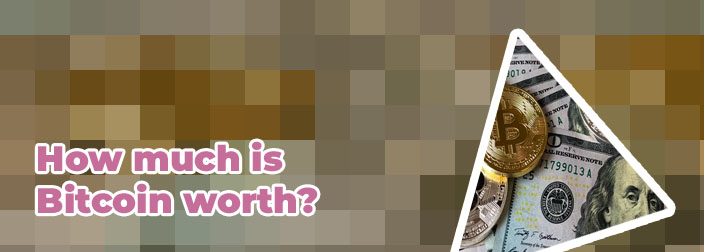
How bitcoin works
Is cryptocurrency a good investment?
“It starts out as a sociable thing,” Marini says. “People brag about making money with their friends. But you never hear when people start losing money, because of the guilt and the shame.” Marini recently treated a man who lost £1.5m on cryptocurrencies that he embezzled from his company. Another former patient lost nearly £2m. “I know crypto guys whose partners try to take their phones away from them, and they start shaking,” he says. “It’s withdrawal. They cannot not have their phones in front of them.” Bitcoin basics Therefore, those that can afford to do so, invest their wealth into assets such as stocks, bonds, real estate, private companies, collectibles, and other hard assets. They put that wealth into assets that are likely to appreciate, or at the very least maintain their value. Bitcoin has been the fastest appreciating asset for over a decade, having grown from $0 to a high of $68,000 in November 2021. Holding onto bitcoin isn’t easy to do because the price moves around a lot. Sometimes investors refer to bitcoin as “digital gold” because it has similar characteristics, and both are viewed as a hedge against inflation.

How bitcoin works
One way to implement CBDCs would be for citizens to have accounts directly with the central bank . This would give governments powerful new ways of managing the economy—stimulus payments and other benefits could be credited to people directly, for example—and the central bank’s imprimatur would make CBDCs a safe digital asset to hold. But their introduction could also create new problems, experts say, by centralizing an enormous amount of power, data, and risk within a single bank and potentially compromising privacy and cybersecurity. Sign up for email and SMS alerts Bitcoin (BTC) is at the forefront of the digital currency industry. Many beginners, and perhaps you, start their introduction to the digital currency market with it. However, even experienced users often find themselves revisiting the intricacies of how Bitcoin works. Let’s break down what Bitcoin is and how it works once and for all.Mining difficulty
Despite their high valuations on paper, a collapse of Bitcoin and other cryptocurrencies is unlikely to rattle the financial system. Banks have mostly stayed on the sidelines. As with any speculative bubble, naive investors who come to the party late are at greatest risk of losses. The government should certainly caution retail investors that, much like in the GameStop saga, they act at their own peril. Securities that enable speculation on Bitcoin prices are already regulated, but there is not much more the government can or ought to do. Bitcoin pros If you’d taken a chance on Bitcoin in the past (and held on to it), you’d undoubtedly be pretty happy today. Here’s a look at what a token $100 investment in Bitcoin would be worth as of midmorning Monday, when the value of a Bitcoin, per Coindesk, is $43,741.59.
How much money is bitcoin
Bitcoin owners have also had to survive countless thefts and frauds to hold onto their tokens. Tokyo-based Mt. Gox was the first major Bitcoin exchange, handling nearly three-quarters of trades. It shuttered abruptly in 2014 after disclosing it had lost Bitcoins worth around $500 million. Its former customers are still fighting to get some of their funds back in bankruptcy court. Featured Articles By playing our games, you’ll be rewarded with Bling Points® that can be redeemed for cryptocurrency or cash. The amount you receive will be very small, but the more you play, the more you will earn! Bling games allow players to earn real cryptocurrency or cash for free and are devised as a non-gambling promotion. It is intended solely for entertainment purposes.- Home
- Centralized crypto saw over trading year
- New cryptocurrency release binance
- Evereth
- Iota crypto
- Bitcoin price analysis
- How to buy telcoin on crypto com
- Free crypto
- Etherium future
- Free btc
- Cryptocom withdrawal minimum
- Amazon coin crypto
- What's the smallest amount of bitcoin i can buy
- Bitcoin price live ticker
